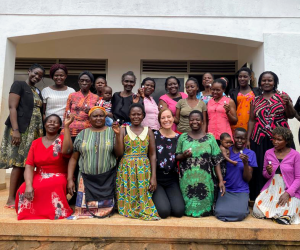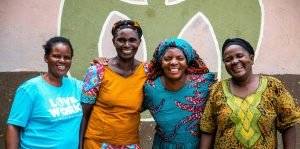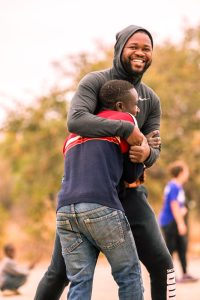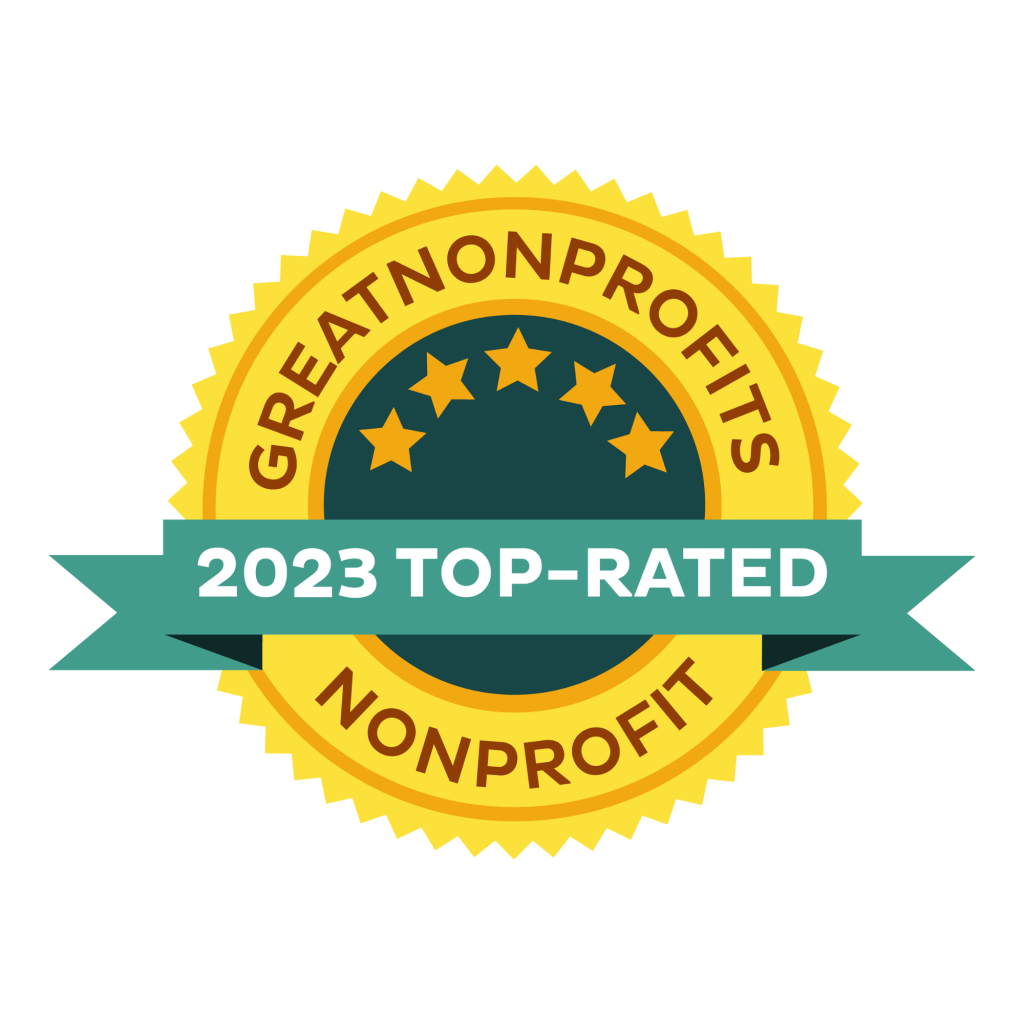In 2017, the Zambia Department of Social Welfare asked Mothers Without Borders (MWB) to help address the child marriage rates throughout the country, and particularly in Lusaka East. Zambia is ranked 16th highest in the world for child marriages with an estimated 1.7 million child brides, 400,000 of which were married before age 15. By age 18, 42% of girls in Zambia are married.
Early marriage occurs when a family has significant financial burdens, and struggle to feed their children, let alone put them in school. When the decision is between putting a daughter or a son in school, the son’s school fees are covered. When a girl is married, a bride-price is paid by the groom’s family to the bride’s family. The money is enough to persuade the girl’s family to make that decision very early, as the income can mean life or death for the family.
Josephine Mulenga Daka (MWB Africa Regional Programs Director) conducted community assessments and identified 5 girls in Lusaka East who were at significant risk for child marriage due to the financial situation of their families. Josephine paid for their schooling, provided mentorship and counseling, and provided solutions to any other barriers for each individual girl that was preventing her from achieving her full potential.
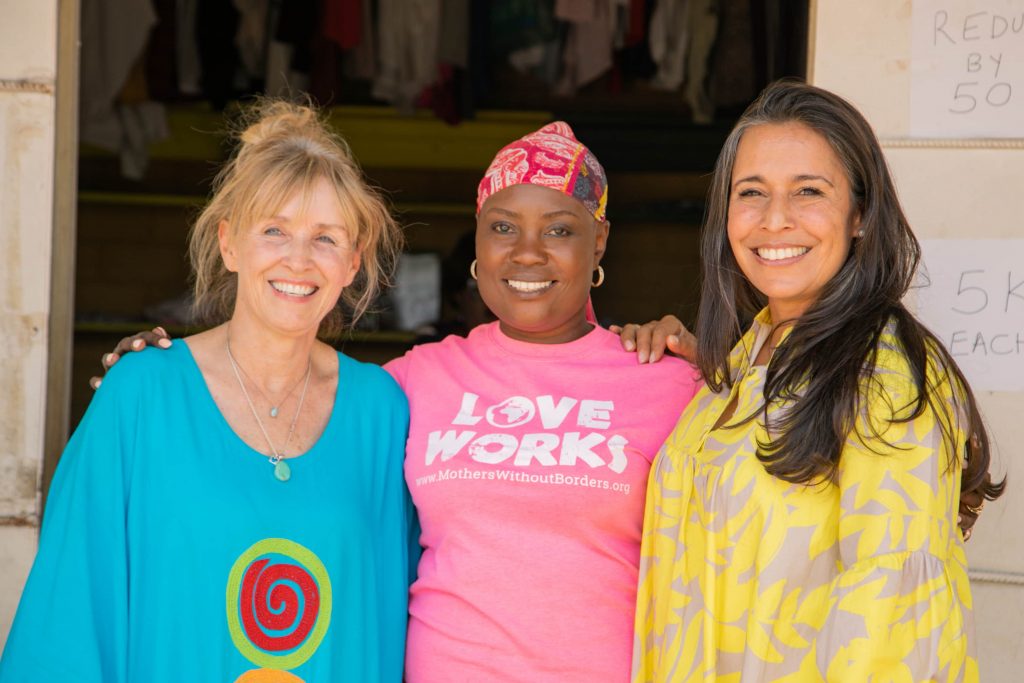
Pictured from left to right – Kathy (Founder of Mothers Without Borders), Josephine (Africa Regional Programs Director), and Cornelia (Founder of the Be That Girl Foundation).
The “Be That Girl” program was created to help girls in the Greater Lusaka Area between the ages of 10-25 to avoid early marriage, gain an education and marketable skill, and create a self-determined life. From 2017 to 2019, the number of girls in this program increased from 5 to 63. In 2020, the Be That Girl Foundation became MWB’s anchor donor for this program to expand enrollment to a total of 266 girls. The program was renamed “Be That Girl” in connection with this partnership.
In 2022, there were 376 girls in the MWB “Be That Girl” program and we were proud to:
- Admit 110 new girls in January and hire an additional 4 mentors
- Hold the 2nd Annual Conference where 317 girls, 12 mentors, and 4 inspiring female leaders gathered for 2 days of joy, community, and empowerment
- Celebrate the first 7 graduates of the program
These highlights are a big picture view of the year. The real power comes from focusing on the individual girls who have been empowered with self-determination. One of the 2022 graduates shared her story:
After grade 12, I was hoping life would get better but it became even worse as I had a fear of getting married and not seeing myself in college. I used to cry almost every day when I went to bed, because being a girl child I understood that education is very important. Looking at other friends that were suffering more in marriage, I understood what school can do for me and my family and even the entire community.
My hope of continuing with school was slowly going down till the day I received a call from Mothers Without Borders. It was as though I was dreaming. That call changed my life and instead of crying tears of pain, it was tears of joy.
This program graduate is now working full-time and exudes confidence and strength. The work done in this program is changing lives.
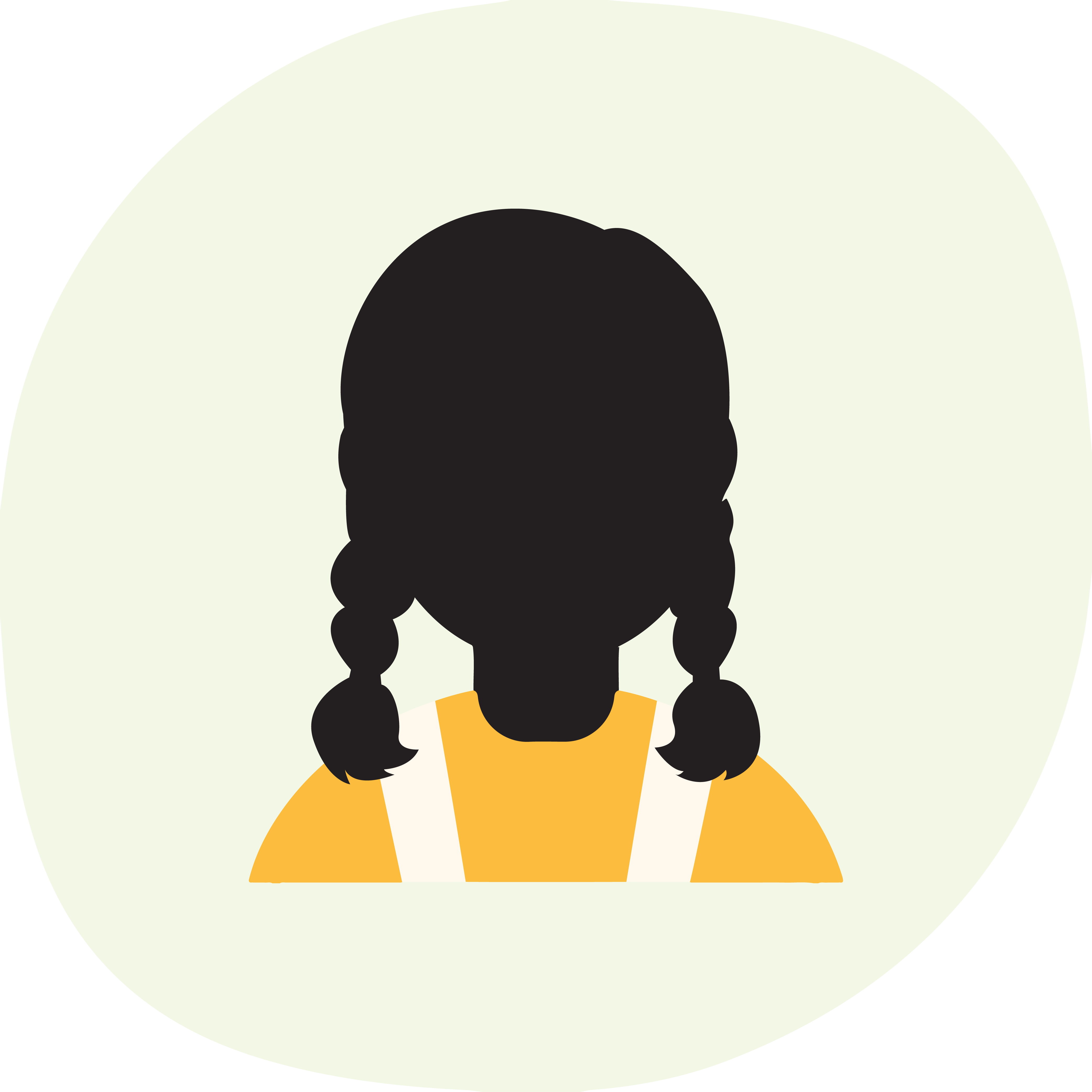
376
girls educated in 2022
137
bicycles distributed in 2022
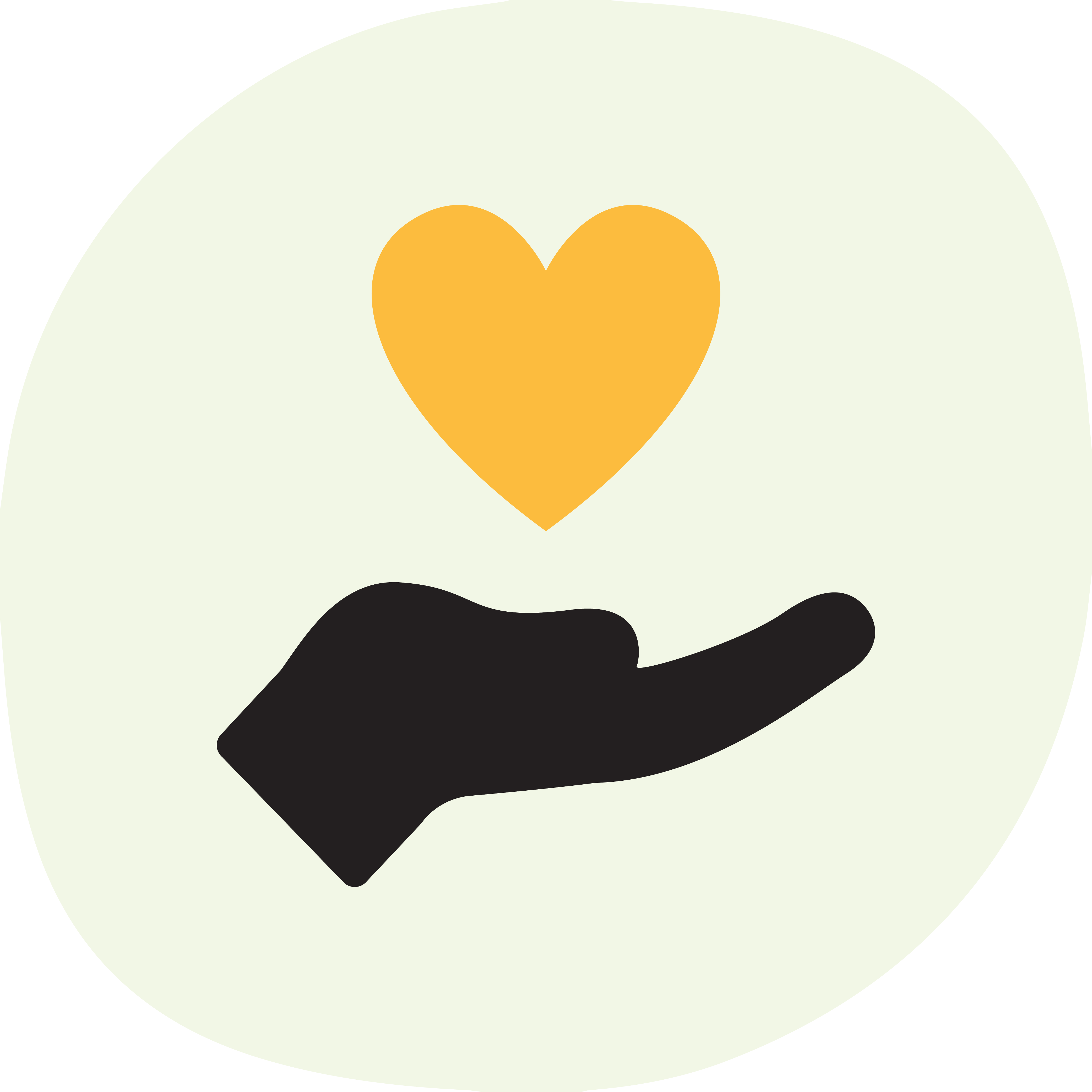
861
sanitary towels distributed in 2022
3 SUCCESSES & LESSONS LEARNED IN 2022
Mothers Without Borders is committed to continually improving our programming based on the experiences and feedback of those we serve. In evaluating the “Be That Girl” program in 2022, 3 themes emerged which have informed improvements that are being implemented in 2023.
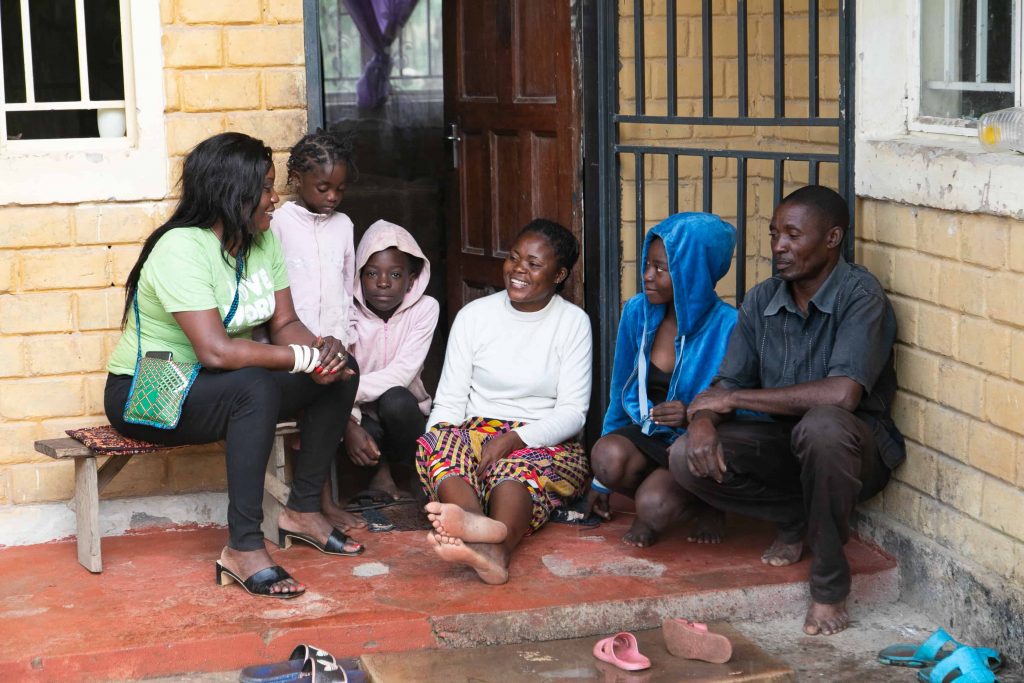
Josephine with a BTG Participant conducting a home visit.
1. A resilience & strengths-based approach is critical to empowering girls to overcome the physical, social, and emotional challenges they face.
The girls in the BTG program come from situations of poverty, abuse, suppressive expectations, and limited access to basic resources. One mentor shared, “…she comes from a community where women and girls are disproportionately affected by poverty and many have little or no say in the decisions which affect their lives. They often get less food and are more affected by poor sanitation. They are dependent on others.” While participation in this program creates numerous opportunities for participants, each girl continues to face significant challenges every day. Foundational to the program’s structure is a focus on resilience building and using a strength-based approach for empowering each mentee. When asked about the possibilities their future could hold when given support and encouragement, the girls spoke of breaking cycles of poverty and challenging suppressive norms. Both mentors and girls have reported increased emotional regulation and a healthy locus of control in addition to increased confidence, help seeking behaviors, and self-efficacy—showing significant improvements in resilience and strength to pursue individual goals amidst continued challenges.

861
individual and group mentorship visits held
16
girls removed from dangerous living conditions

211
girls received psychosocial/trauma therapy
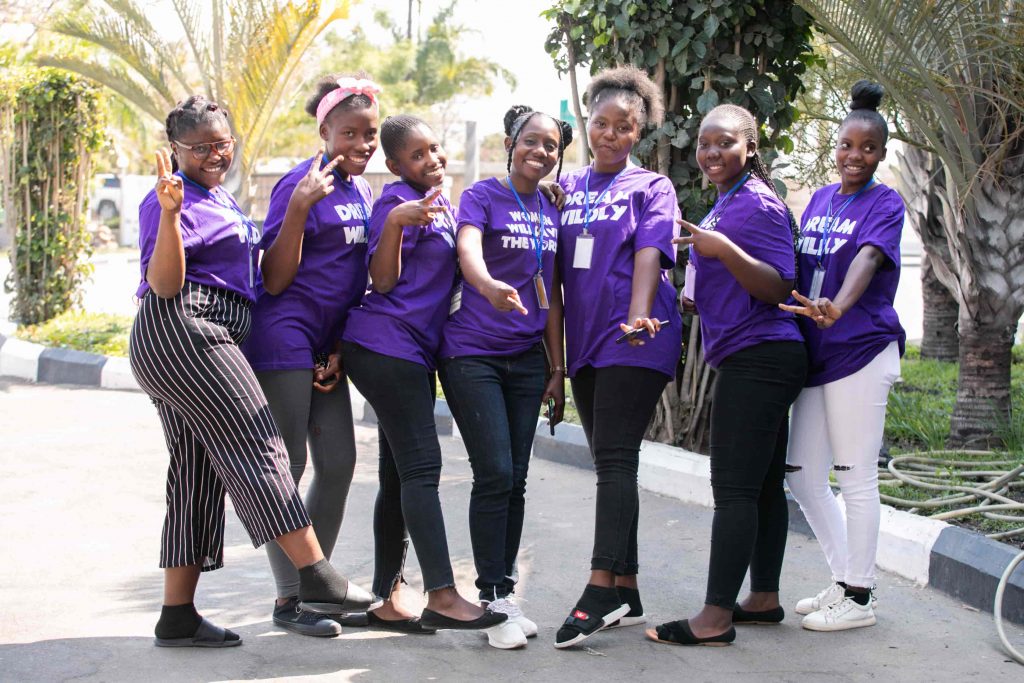
2. Creating a community of support for mentees provides them with love, encouragement, and confidence to pursue their dreams.
As participants continue to face physical and social barriers, both mentor/mentee and mentee/mentee relationships have been critical to program success. The girls see their mentors as teachers, confidants, and friends—with one girl reflecting that her mentor is like a “grandmother to me” and another referring to her mentor as “my inspiration.” Mentors reflected on the importance of open communication in creating a healthy relationship with mentees, highlighting the girls’ willingness to “communicate freely,” “share or discuss anything,” “trust,” and “open up and call me asking to meet.” One mentor shared that she “understands their needs as [she] also comes from humble beginnings, so [she] inspires them.”
The girls in each mentee group have also become strengths to one another as their group meetings and friendships created have reduced feelings of isolation and provided them a “family.” One mentee reflected, “You know, you might be thinking like you’re the only person who is going through that. As we encourage each other, I know that there’s someone else out there going through my situation.” Mentors proudly highlighted instances of girls “encouraging each other to get to meetings,” “providing [each other] with encouragement and support,” “helping with an assignment,” and“providing academic help.”

70
girls enrolled in primary education in 2022

271
girls enrolled in secondary education in 2022

35
girls enrolled in tertiary/skills education in 2022
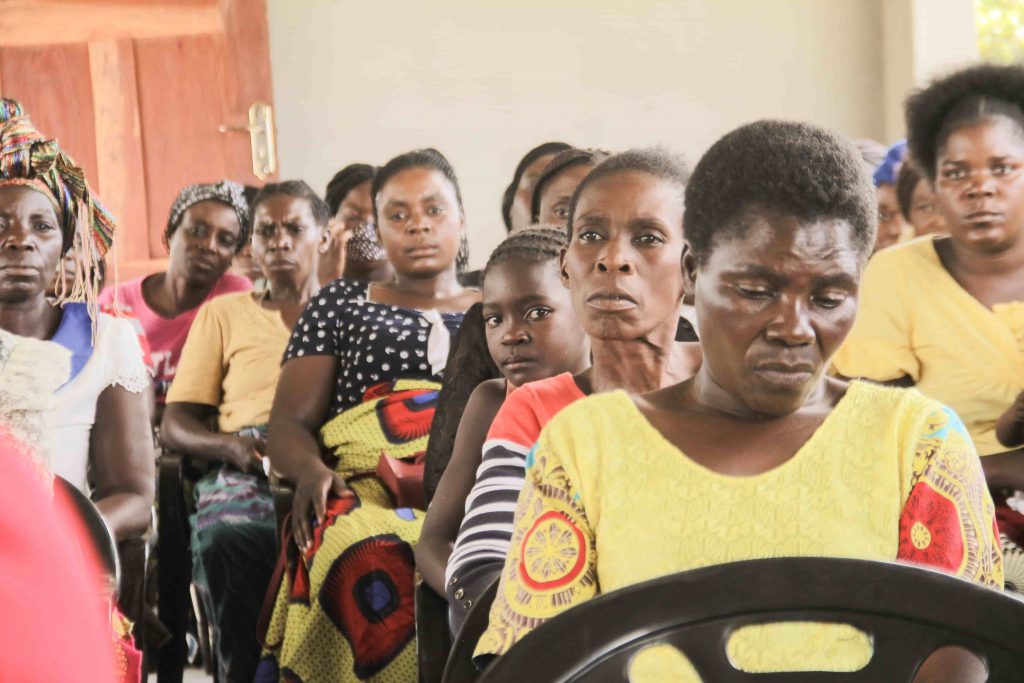
3. Involvement and support from the girls’ families and community is critical to changing suppressive norms which continue to place girls at risk.
Family and community involvement is a significant protective factor, while the lack of this support is a risk factor for the girls. One graduate reflected, “Many women in our society are a victim of marginalization because of what society perceives them to be. In our African setup, we are taught to be submissive to men at all cost even when it becomes so detrimental.” Many participants come from communities with little support for female education and advancement and continued instances of abuse, neglect, discouragement, and female disrespect or degradation are reported as ongoing challenges. We have seen small, yet impactful shifts in these communities’ conversations toward increased support for female education and opportunity. These shifts were strongest in communities where MWB has led Women’s Empowerment initiatives. Specifically, the mentees and their mother/caregiver who were both enrolled in a MWB program both reported higher levels of encouragement and support, and showed signs of increased resilience and greater success in their education and/or skills training. While the girls’ mentee groups serve as a community of support, the young women ultimately go home to their families and communities. As we continue providing support to these girls, working in and with their families and communities remains a high priority.
2022 PROGRAM GRADUATES
The greatest evidence of success is the individuals who have completed the program and the transformation that has occurred in their lives as a result of the program.
This year 7 remarkable young women who each have overcome immense challenges and grown in their resilience to continue toward their dreams graduated from the “Be That Girl” program. At the Annual Be That Girl Conference in September, the graduates celebrated their accomplishment surrounded by their mentors and friends. The post-graduation activities of these 7 young women include three girls employed full-time as a nurse, hotel receptionist, and chef; three girls completing post-graduate internships in hospitality and computer development, and 1 girl currently awaiting a catering small-business loan placement.
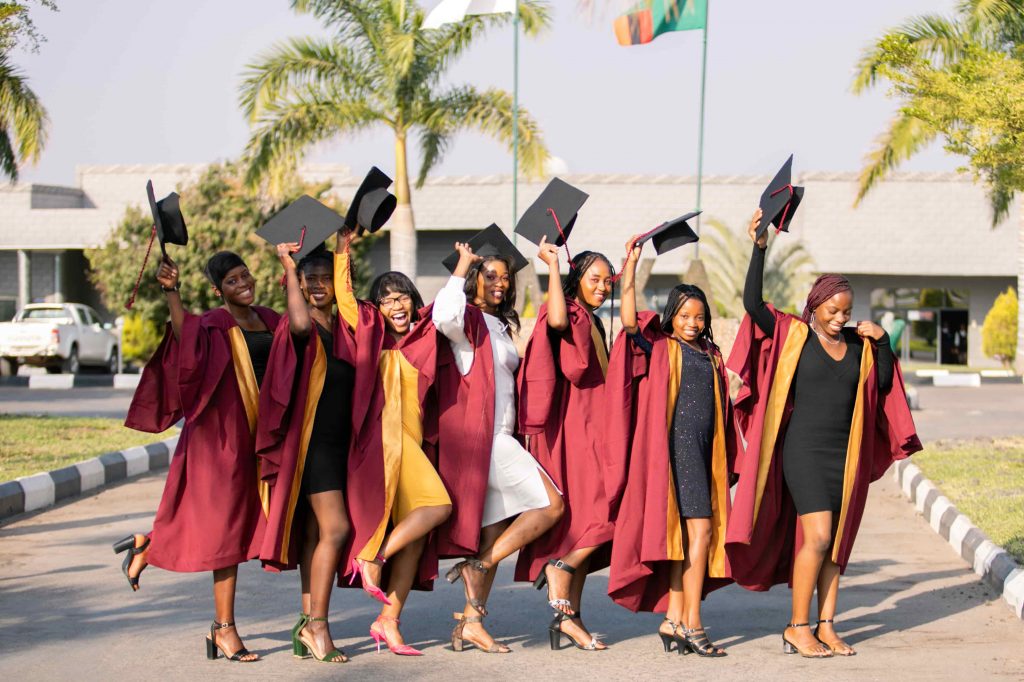
Each of these girls has experienced immense challenges and barriers they have experienced throughout their lives. One graduate wrote:
“Life was a very big challenge for me and as it was only my mother to provide for the whole family’s basic needs. My sisters resorted to prostitution just to help provide us with the basic necessities. I had no hope that one day, I was even going to go to college.”
Each narrative emphasizes the significant shift in confidence, hope, and determination that came from the girls involvement in the BTG program. Another graduate reflected:
“I learnt a lot of things from my mentor such as having courage, having confidence in myself, respecting people despite their status, never looking down on myself, and to always aim high.”
2ND ANNUAL BE THAT GIRL CONFERENCE
At this year’s 2nd Annual Conference, 312 girls heard from inspiring Zambian women including Angela Nyirenda (one of most successful female musical artists in Zambian history), Mizinga Melu (accountant & bank executive), Jane Nakasamu (entrepreneur), and Thokozike Muwamba (aircraft pilot). This year’s theme “Dream Wildly” focused on helping the girls build confidence and resilience to continue toward their dreams.
One said, “As for me, I’ve always dreamt of becoming a lawyer. After hearing the speakers coming, today I am motivated I am going to be that lawyer I’ve always wanted to be and change my background. I really want to do that.”
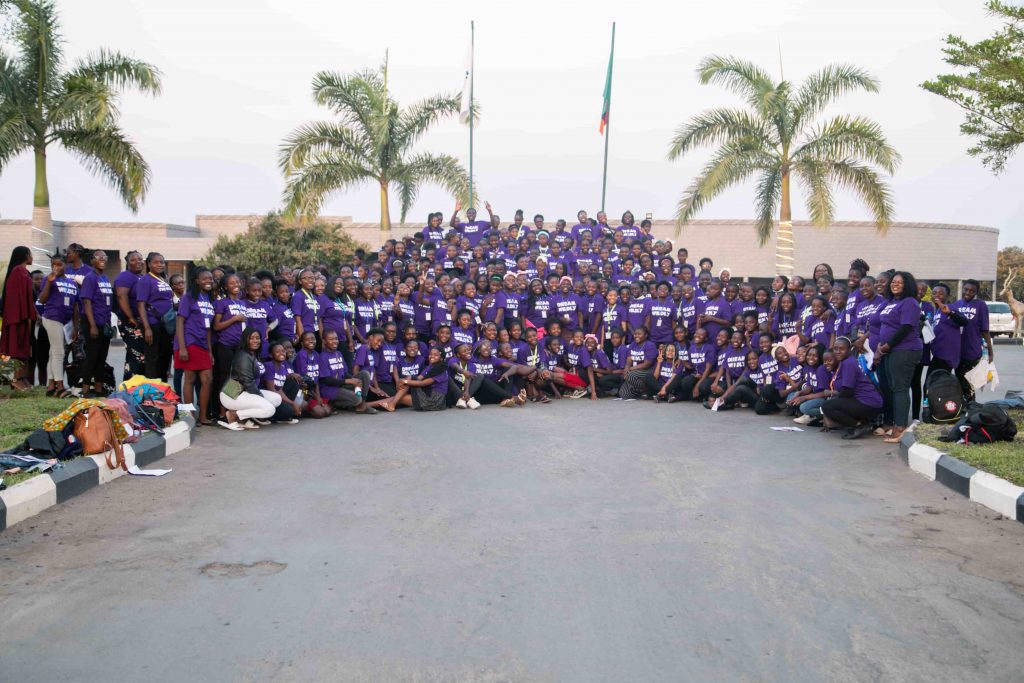
A staff member reflected, “One of the girls shared that she wanted to be an astronaut but she did not have support from her family or her community. They would always say, ‘How do you think you will do that? How would you do that here in Zambia?’ She said that she has been feeling very sad and was about to give up on her dream. But then she came to the Be That Girl conference and saw that every shirt said ‘Dream Wildly’. She heard the speakers talk about the circumstances they had come from and she saw they had achieved their dreams by working hard. She said she will continue to work for her dream of becoming an astronaut. For the first time, she felt she had support for her dream. She felt that she could really do it.”
We are grateful for the lessons and successes of 2022 and look forward to another year of partnership with the Be That Girl Foundation in 2023 to help girls in Zambia overcome desperate situations and develop self-determination.
For me, this conference has given me more courage and more hope that I can achieve more. It just boosted my confidence that no, I can be it. I can become it. I can be ‘That Girl’. (Conference Attendee)


